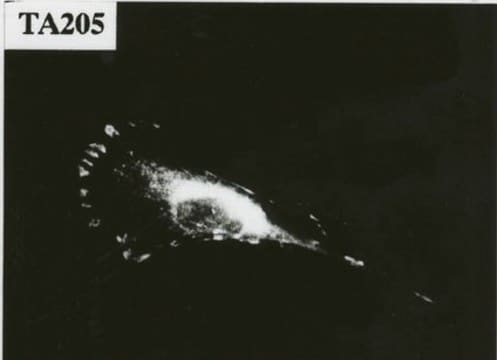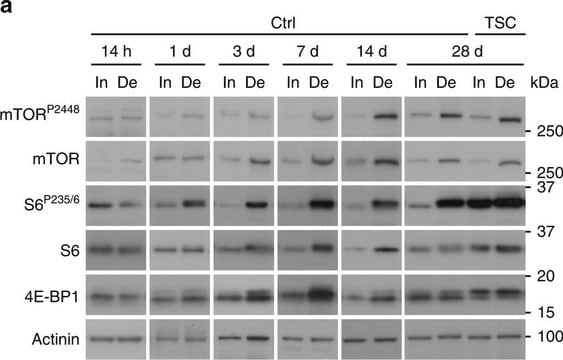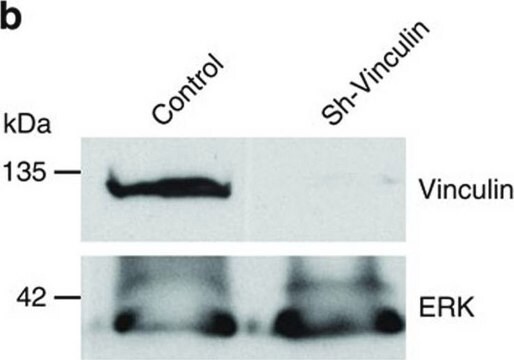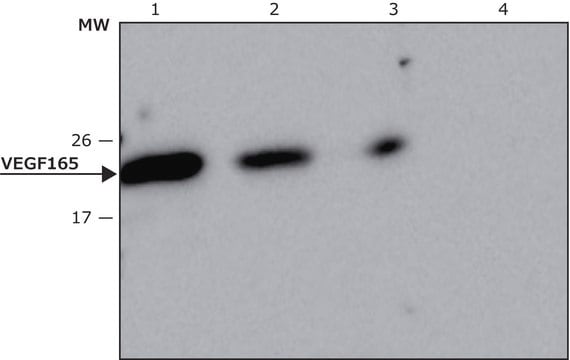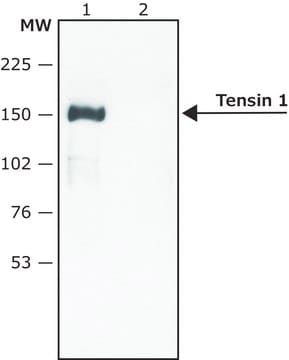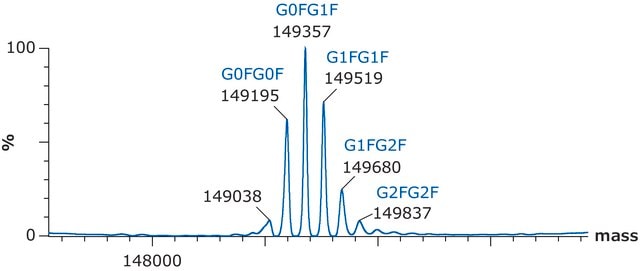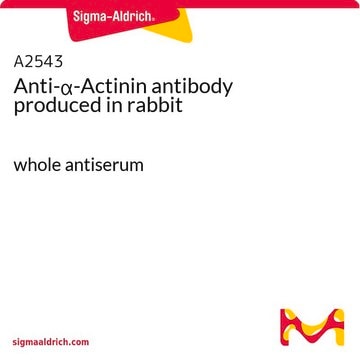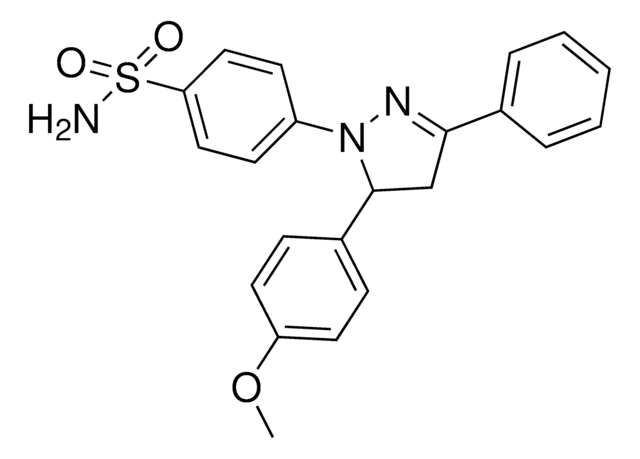T3287
Monoclonal Anti-Talin antibody produced in mouse
clone 8d4, ascites fluid
Synonym(s):
Monoclonal Anti-Talin
About This Item
Recommended Products
biological source
mouse
Quality Level
conjugate
unconjugated
antibody form
ascites fluid
antibody product type
primary antibodies
clone
8d4, monoclonal
mol wt
antigen 225-235 kDa
contains
15 mM sodium azide
species reactivity
chicken, frog, rat, human, mouse
technique(s)
immunoprecipitation (IP): suitable
indirect immunofluorescence: 1:500 using cultured Rat2 cells
western blot: 1:100 using chicken gizzard extract
isotype
IgG1
UniProt accession no.
shipped in
dry ice
storage temp.
−20°C
target post-translational modification
unmodified
Gene Information
human ... TLN1(7094) , TLN2(83660)
mouse ... Tln1(21894) , Tln2(70549)
rat ... Tln1(313494)
Looking for similar products? Visit Product Comparison Guide
General description
Specificity
Immunogen
Application
Biochem/physiol Actions
Disclaimer
Not finding the right product?
Try our Product Selector Tool.
recommended
Storage Class Code
12 - Non Combustible Liquids
WGK
WGK 2
Flash Point(F)
Not applicable
Flash Point(C)
Not applicable
Certificates of Analysis (COA)
Search for Certificates of Analysis (COA) by entering the products Lot/Batch Number. Lot and Batch Numbers can be found on a product’s label following the words ‘Lot’ or ‘Batch’.
Already Own This Product?
Find documentation for the products that you have recently purchased in the Document Library.
Customers Also Viewed
Our team of scientists has experience in all areas of research including Life Science, Material Science, Chemical Synthesis, Chromatography, Analytical and many others.
Contact Technical Service



